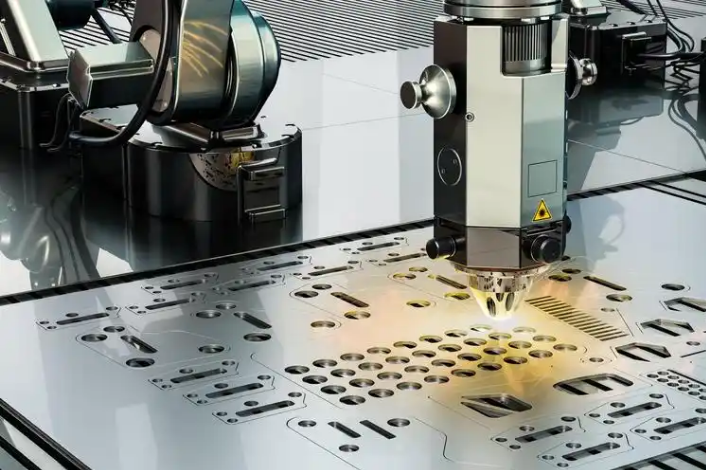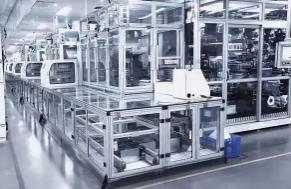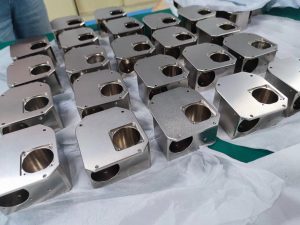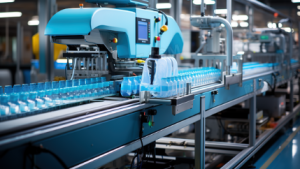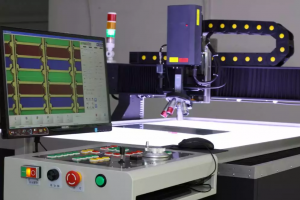The semiconductor industry, known for its rigorous standards and relentless pursuit of precision, heavily relies on CNC (Computer Numerical Control) precision machinery components to meet its tailored and exacting demands. This article delves into the specific requirements, the variety of parts needed, and the key issues that need addressing within this high-stakes field.
Importance of CNC Precision Components in Semiconductor Manufacturing
Semiconductor equipment is at the heart of producing integrated circuits and microchips. These devices, essential for everything from consumer electronics to industrial automation, require the utmost precision, making CNC machined parts crucial for the manufacturing process.
Specific CNC Parts Requirements
- Wafer Handling Components:
Wafers are extremely fragile, and the equipment used for their processing requires components that can handle them gently to avoid any damage. CNC precision components used here need not only to be precise but also designed with smooth surfaces to minimize any risk of scratching the wafers. - Custom Nozzles and Valves:
For chemical vapor deposition (CVD) and other semiconductor processes, bespoke CNC-machined nozzles and valves are required. These parts must offer excellent resistance to chemicals and heat while maintaining tight dimensional tolerances to ensure accurate flow rates and directions. - Ultra High-Precision Tooling:
Semiconductor manufacturing tooling needs to have ultra-high precision to facilitate the fabrication of components with nanometer-scale feature sizes. This level of precision ensures fewer defects during the production process and higher performance of the final product.
Key Requirements
Material Considerations:
CNC components for the semiconductor industry often require materials that are not only strong and durable but also resistant to corrosion, chemical degradation, and thermal expansion. Materials such as stainless steel, titanium, and specialized alloys are common choices.
Complexity and Miniaturization:
Many semiconductor parts are becoming increasingly complex, following the trend of miniaturization. CNC technology is highly adaptable to producing intricate designs that are fundamental for miniature components.
Cleanliness Standards:
Any contamination in semiconductor manufacturing can result in significant product yield losses. CNC machined parts used in this sector must adhere to strict cleanliness standards to prevent contamination from particulates or residues.
Challenges and Solutions
Thermal Management:
As devices get smaller, the heat generated within components increases. Precision CNC parts for heat sinks and thermal couplers play an essential role in managing these thermal issues effectively.
Vibration Control:
Vibrations can disrupt the delicate processes involved in semiconductor manufacturing. CNC parts designed to dampen vibrations can help maintain the stability necessary for successful semiconductor production.
Wear Resistance:
Given the high volume of production and the sensitive nature of the processes, wear resistance is critical in CNC components. Using hard-coating processes and choosing materials with excellent wear properties ensures longer service life and consistent performance.
Conclusion
The semiconductor equipment industry’s success largely depends on the capabilities of CNC precision machinery components. The specific requirements for materials, precision, and design complexity make CNC technology indispensable. By understanding and addressing the critical issues such as material suitability, precision levels, and operational environment challenges, manufacturers can produce components that not only meet but exceed the needs of the semiconductor industry. Through continuous innovation and adherence to quality standards, the future of semiconductor development continues to advance, powered by sophisticated CNC machining solutions.


